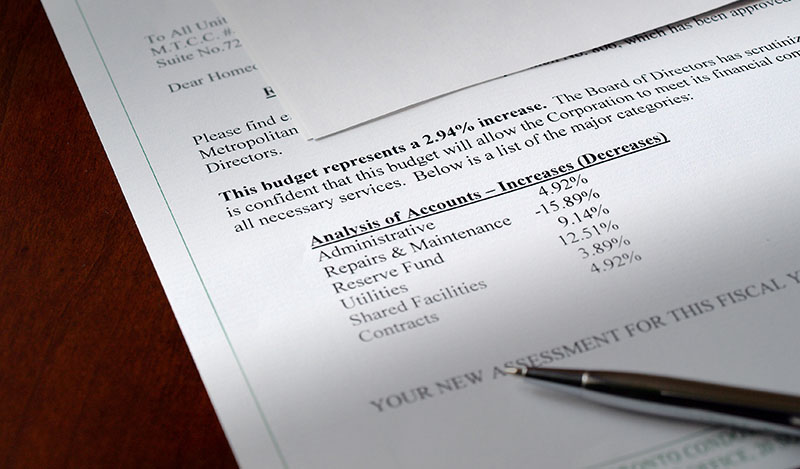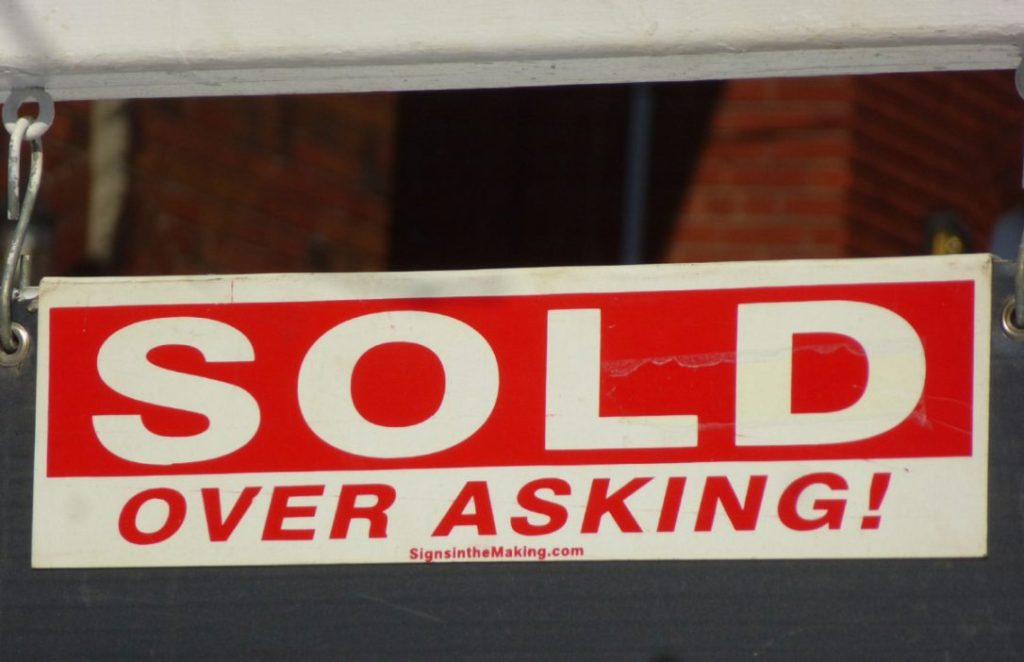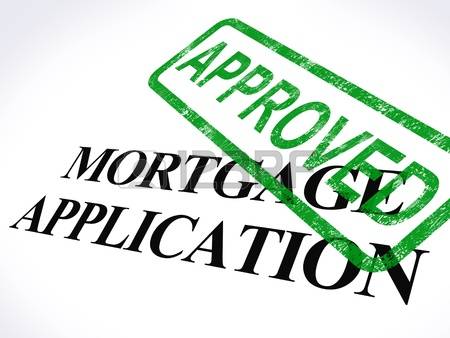Because real estate prices have dropped quite a bit, the potential commissions that real estate agents and brokers could earn have also dropped. But the drop in commissions can be more than offset by the amount of properties that can be sold. And getting quality real estate leads is one of the keys to making this a reality for real estate professionals. This is because there are so many more properties on the market now than there were before the bubble burst.
The rise in the number of homeowners who are underwater on their mortgages has increased so much that a very large number of them have decided that they cannot afford to stay in their homes. They would rather sell their home and buy a comparable home for a much lower price, and take the loss so that they can improve their cash flow situation by having a lower mortgage payment each month. And since there is no shortage of properties to buy, these people had no problem finding a suitable home for a good price
And another result of the rise in available properties is that more and more people are becoming first-time homeowners. Since prices on homes are falling, more and more people are able to afford a home for the same amount they are currently paying in rent. So the logical choice for these people is to buy a house rather than continuing to rent.
These factors all lead to one thing – a higher need for real estate agents to help the buying and selling of all of these properties. Therefore, even though prices have fallen, the quantity of available properties, buyers, and sellers has raised which more than makes up for the lower prices in terms of how much a given real estate agent could make in the current real estate market. And as we all know, the more clients a real estate agent has, the more properties they’ll sell and the more money they’ll make.
The problem comes in when a real estate agent has already gone through their current client list. The best way for them to get more clients is to somehow obtain more real estate leads. Not only do they need more leads, they need high quality leads if they are going to be successful in converting a high number of them into clients who actually follow through on buying and/or selling one or more properties.
So how can you get more real estate leads? There are of course many different ways. These include buying them from an agency that offers them, advertising, subscribing to lead generation websites, developing and keeping current your own real estate website that draws potential
clients to it, and best of all by getting them through your own network. There are undoubtedly other ways of generating real estate leads as well, but these are the most common methods – all of which have proven to work to a certain degree.
One of the easiest ways to get real estate leads is by purchasing them. There are companies whose sole purpose is to find people who want to buy or sell a property. They then sell this information to people who are willing to pay for it. So if you are a real estate agent looking for real estate leads and either don’t have the time to find your own, or simply don’t want to, then this may be a good option for you.
There are two different major ways to do this. You can purchase the real estate leads from a company as a set of data that you will get in the form of a list or spreadsheet. Then you will need to start sifting through them and using the data available to qualify and categorize them yourself. And after that, it’s time to start making calls to find out they are valid leads or not.
The other way of purchasing real estate leads is by subscribing to a real estate lead generator website that will send you much smaller lists of leads on a regular basis. This can be nice because the information is likely to be much more current than buying a single very large list of leads. But this also means that there are fewer to work with so it doesn’t give you as much freedom in terms of choosing who to contact first.
Purchasing real estate leads or subscribing to a lead generation website can also be expensive. This can be a very bad thing since the whole intent of buying leads is to find clients, sell properties, and make commissions, if the leads that you buy don’t turn into commissions. In that case, not only did you not sell any properties (or many properties), but you wasted money on worthless information, and you wasted time contacting worthless leads when you could have been working on finding good real estate leads instead.
Another way to generate real estate leads is by advertising. If you are a real estate agent, broker, or business person, advertising your services may be a good way to generate real estate leads. This type of lead generation is great because rather than you doing the work to find people who want to buy or sell a property, the tables are turned and they come looking for you instead.
In addition to having people try to find you instead of you trying to find them, there is another benefit to advertising to generate real estate leads. The people who are trying to find you are already definitely interested in buying or selling a property. This means that you don’t have to worry about whether they are going to turn out to be qualified leads or not, because they definitely will be.
A similar way to generate by advertising which can be even more effective than simply advertising on a billboard or in the paper is by setting up your own real estate website. Websites are surprisingly inexpensive to have hosted, and having one developed for you doesn’t have to be expensive either. And if you learn the basics of website development, you’ll be able to maintain it by yourself after it’s been set up so that you can always keep it current.
The reasons to keep your website current cannot be understated. First, you have to keep it updated with the properties you are trying to sell so that the people who visit your website will have something to look at – and since this list of properties will be changing frequently as your client list grows and changes, you’ll need to change your website often to incorporate the new properties and eliminate the ones that are no longer available.
A second reason for keeping your website updated on a regular basis your page rank will grow higher. Search engines use a number of factors to determine how relevant they are to certain keywords, and where to display them in a list of search results. And one of the biggest things that moves a website toward the top of the list is it’s page rank, which is greatly affected by how active and how current the website is. So the more often you update your website, the higher its page rank will be, the higher it’ll show up in search results related to real estate keywords, and the more visitors you’ll get to your site.
Once you get visitors to your site, you’ll be getting the exposure you want to potential clients for free. They can stay on your site for as long as they want to and look at as few or as many properties as they want to. And you don’t have to do anything in order to help them. In fact there could be thousands of people all on your website at the same time. That is something that you would not likely ever have the opportunity to do in person. This phenomenon is what is known as leverage, and leverage is what can turn a small business into a fortune 500 business in short order when managed correctly.
The best way to do real estate lead generation also happens to be one of the most difficult – at least in the beginning. The method of finding leads is by building a very large network, and using it. This is one of the best ways to get leads because it is one of the most surprisingly effective ways. But unfortunately, it’s also one of the more difficult ways to start, and takes a while to yield significant results.
The first thing you’ll need to do is to start building your network. And it’s not that you just need to start building it, you need to intentionally focus on building your network each end every day, no matter where you are or who you’re talking to. This is because for most people, networking does not come naturally.
If you are like most people, you are probably somewhat shy and don’t make it a point to intentionally meet and talk to new people on a regular basis. But if you want to build a network, you’ll have to do exactly that. This is something that can come as a challenge to say the least, both emotionally and technically, but it is well worth the effort in the long run.
It can be emotionally difficult because a large part of building a large network is dealing with rejection. And if you want to build a large network quickly, you’ll have to deal with a lot of rejection each and every day. Too many people, being rejected is taken personally and it ends up wearing them down so that they eventually give up before they gain the benefits that building a large network provides. But if you can learn how to not take rejection personally, you’ll succeed where so many others have given up and failed as a result.
And networking to generate real estate leads can be done almost anywhere. When you need to put some gas in your car, park on the other side of the pump from someone who’s already there and try to strike up a conversation where you’ll be able to tell them that you’re in the real estate business and can help them or anyone else they know who may be looking to buy or sell. And if you’re really serious about it, you may want to only get $10 or some other small amount of gas at a time so that you’ll need to go to the gas station more often and have more opportunities to network.
You can also build your network by meeting new people at any other place. You could talk to someone at the grocery store, library, church, waiting in line at the bank, or anywhere you are around other people for more than a few minutes at a time and starting a conversation wouldn’t be too awkward. It can be done anywhere, with just about anyone, at almost any time. And the more dedicated you are to it, the faster you’ll be able to grow your network and the better off you’ll be in the long run.
Some of the best ways to network are by talking to the people you already know. These are people who are already in your network, and you can use them to help you grow your network even larger. The most obvious way is to simply ask them if they are interested in buying or selling a property in the near future, and to keep you in mind if they are.
But another way to help you grow your network is to ask them who they know that may be interested in buying or selling a property. You are basically asking them for real estate leads using different words. You could ask them for the names and numbers of people who they know who may be interested in buying or selling a property, or you could ask them to give your contact information to the people they have in mind when you ask them that question.






